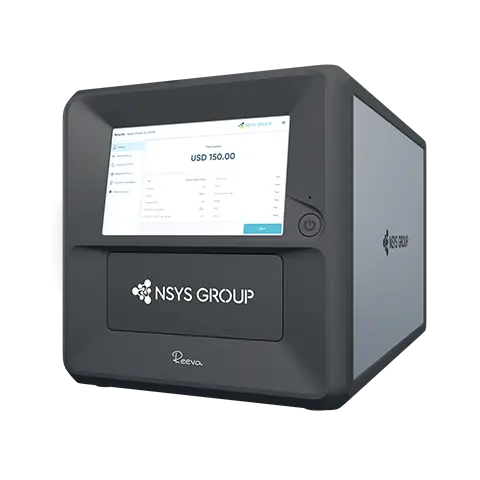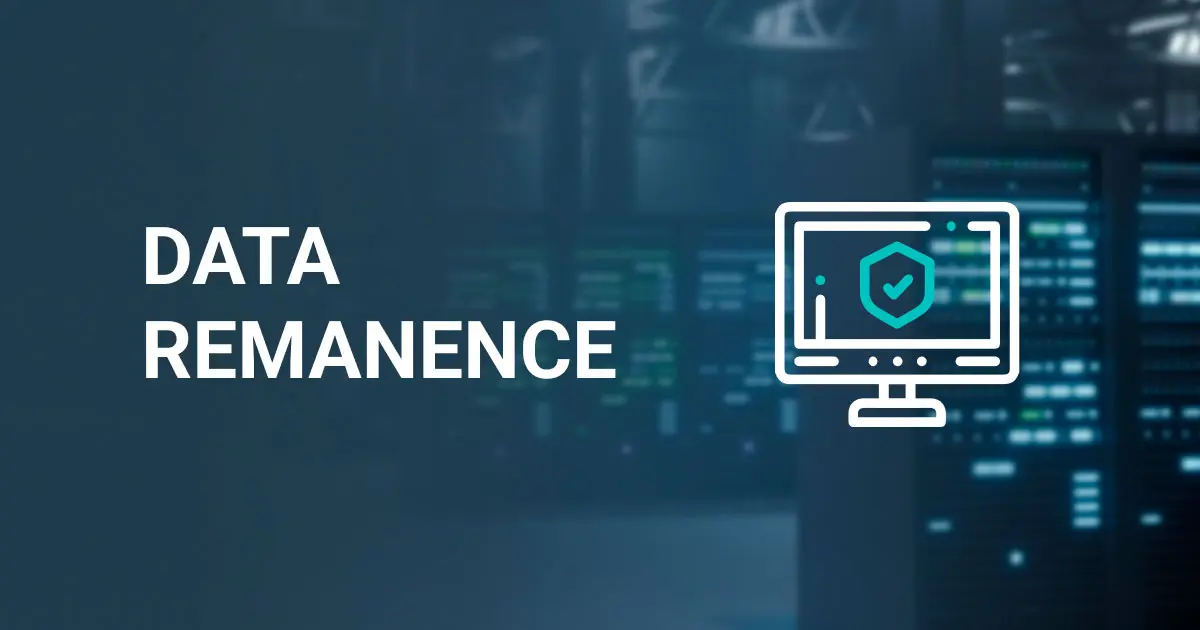Sustainable development is one of humanity's global priorities. Although the reasons for being environmentally friendly are well-known, it might not be obvious how to apply this approach to your business. Today, we will discuss the green trends in the phone retail market and ways to implement them into your workflow.
Why is Being Sustainable Essential for Your Business?
First of all, running your business with a focus on sustainability is ethical. Contributing to the global green journey is the right thing to do and benefits the planet in the long run.
Secondly, contributing to sustainable development shows customers your values and influences the company's overall public image. Openly sharing your beliefs will help you attract like-minded people and create a loyal community around your business.
Moreover, it might be economically profitable. For example, many governments offer financial support to businesses that implement sustainable practices. If you are interested in such initiatives for used device businesses, read our articles on green funding in the UK, Ireland, Spain, Italy, and the USA.
In addition to governmental support, green businesses can attract ESG investment. This funding helps companies implement sustainable practices such as conscious consumption of natural resources or responsible emissions management.
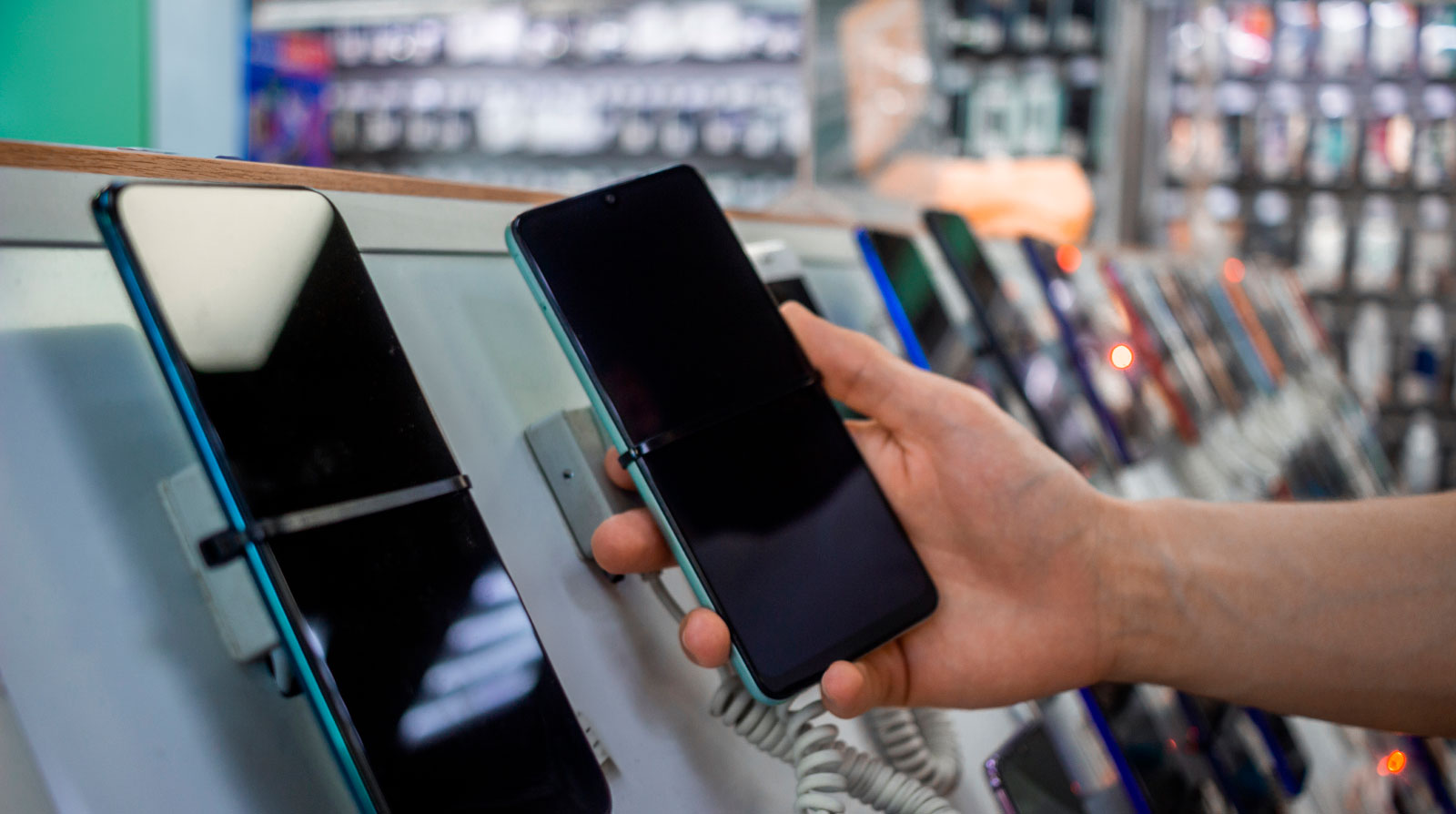
What Sustainability Trends Can Phone Retail Businesses Contribute to?
Surely, numerous corporate sustainability trends have a positive environmental impact. This article will focus only on those that can apply to the phone retail business.
Recommerce
Reverse commerce is the term for selling pre-owned goods, such as second-hand electronics. By finding new owners for used phones or tablets, businesses extend device lifecycles.
There are multiple advantages of this trend:
- Recommerce contributes to reducing waste: Instead of ending in a landfill, pre-owned devices are being used. Some electronic components are toxic and, unless recycled properly, pollute water, soil, and air. Therefore, preventing devices from decomposing, whether through recycling or reusing, is beneficial for the environment and human health.
- Using pre-owned electronics reduces both overproduction and overconsumption. By reusing products, recommerce promotes conscious consumption and responsible use of natural resources.
- Prolonging device lifespan contributes to the circular economy, providing overall sustainability and resource efficiency.
Overall, recommerce is one of the significant sustainability trends, especially in the used device market. Buying pre-owned electronics is becoming more common, lowering the production volumes of new goods.
To ensure that used phones and tablets are working and evaluate their quality, businesses should use testing software. For example, NSYS Diagnostics performs 60+ tests to detect over 100 hardware defects and provides a testing certificate with the results for each device.
Sustainability Reporting
As consumers want to know whether the products they buy are produced sustainably, companies should be more transparent about their actions. Regular reporting on sustainability efforts, such as lowering carbon emissions and using renewable energy sources, shows your commitment to the global environmental agenda.
To make your green journey more efficient, create one or several sustainability strategies. Present them to your audience and then report regularly on your progress. The goal and the starting point are crucial for creating the context of your development.
For used device businesses, the report might include the list of green practices you implement into the workflow, the overview of your supply chains, results in reducing carbon emissions, etc.
Buyback and Trade-In Services
What do people do with their old devices after they upgrade to newer ones? They throw them away, leave them just in case, donate, or recycle. However, if there is a way to make money while benefiting the planet, it will be a go-to option for most of us.
Therefore, trade-in opportunities are a great competitive advantage, and these services are always in consumer demand. Such deals benefit clients, businesses, and the planet as they contribute to the circular economy and responsible consumption.
The best way to make the deals quick and fair is to use software solutions such as NSYS Buyback. It provides consistent pricing due to automated testing and AI-powered grading.
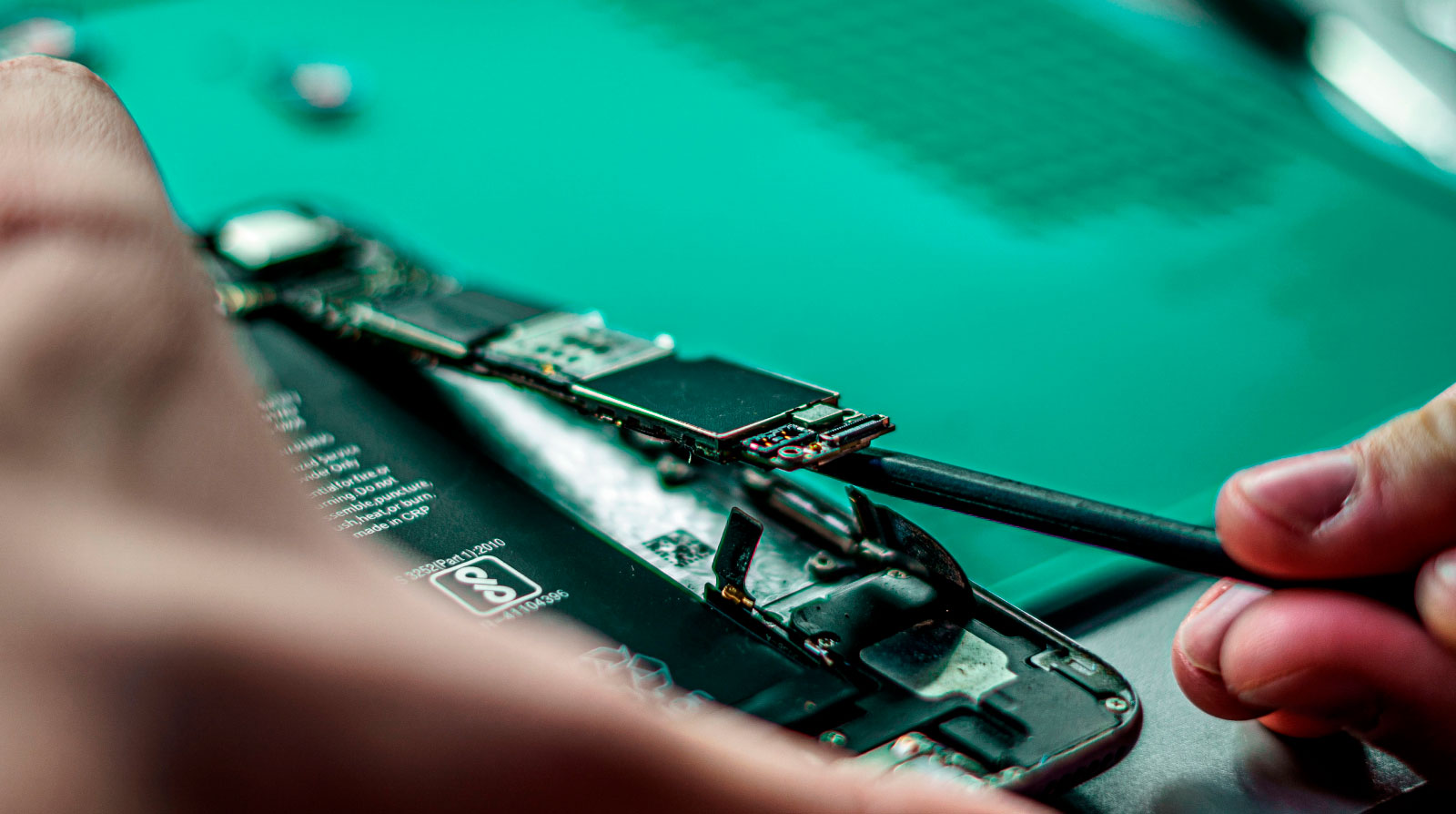
Repair Services
As a step towards a more sustainable future, we should all make the most of things we already own instead of replacing them with newer ones. Sustainable businesses should support people in that by providing repair services. This option is easy to implement into used device retail businesses: you probably already have workers specializing in repairs and all the special equipment needed for that.
By providing repair services, you extend the device's lifecycle and promote sustainability. In addition, you might benefit financially by turning this initiative into a new profit channel.
Net-Zero Plan
Aiming at net zero emissions is a growing trend supported by big businesses like Apple and Walmart. In simple words, net zero means reducing and balancing carbon emissions with removing greenhouse gas emissions from the atmosphere.
A net-zero plan can include the following steps: using clean energy instead of fossil fuels, investing in reforestation, supporting the development of renewable energy sources, etc.
The first step in creating the plan is to thoroughly evaluate your company's carbon footprint by calculating both direct and indirect greenhouse gas emissions. In addition to emissions produced during operations, you should consider energy consumption, transportation, and supply chain emissions.
E-waste Recycling
Retail businesses usually implement waste reduction by lowering the amount of packaging and optimizing shelf life for perishable goods. However, used device businesses can't use fewer packages as electronic goods are fragile.
Nevertheless, phone retail businesses can and should reduce the amount of waste they produce. The great way to do so is to partner with R2 recyclers that handle electronic waste responsibly in compliance with international standards and regulatory requirements.
Slow Fashion
As in the clothes fashion industry, new trendy device models are released regularly. Some brands support these consumer behaviors and constantly produce new models and slightly different accessories. Needless to say, upgrading the device because it is no longer in fashion but when it is still working isn't sustainable.
There is a term for the environmentally harmful production of cheap products in large volumes—fast fashion. It is often criticized for unethical practices and the promotion of overconsumption. Slow fashion is an opposing tendency. It supports quality over quantity and stands for sustainable production.
Phone retail businesses can implement this trend by choosing high-quality devices and accessories for their stock. This will benefit your company's reputation and contribute to sustainable global development.
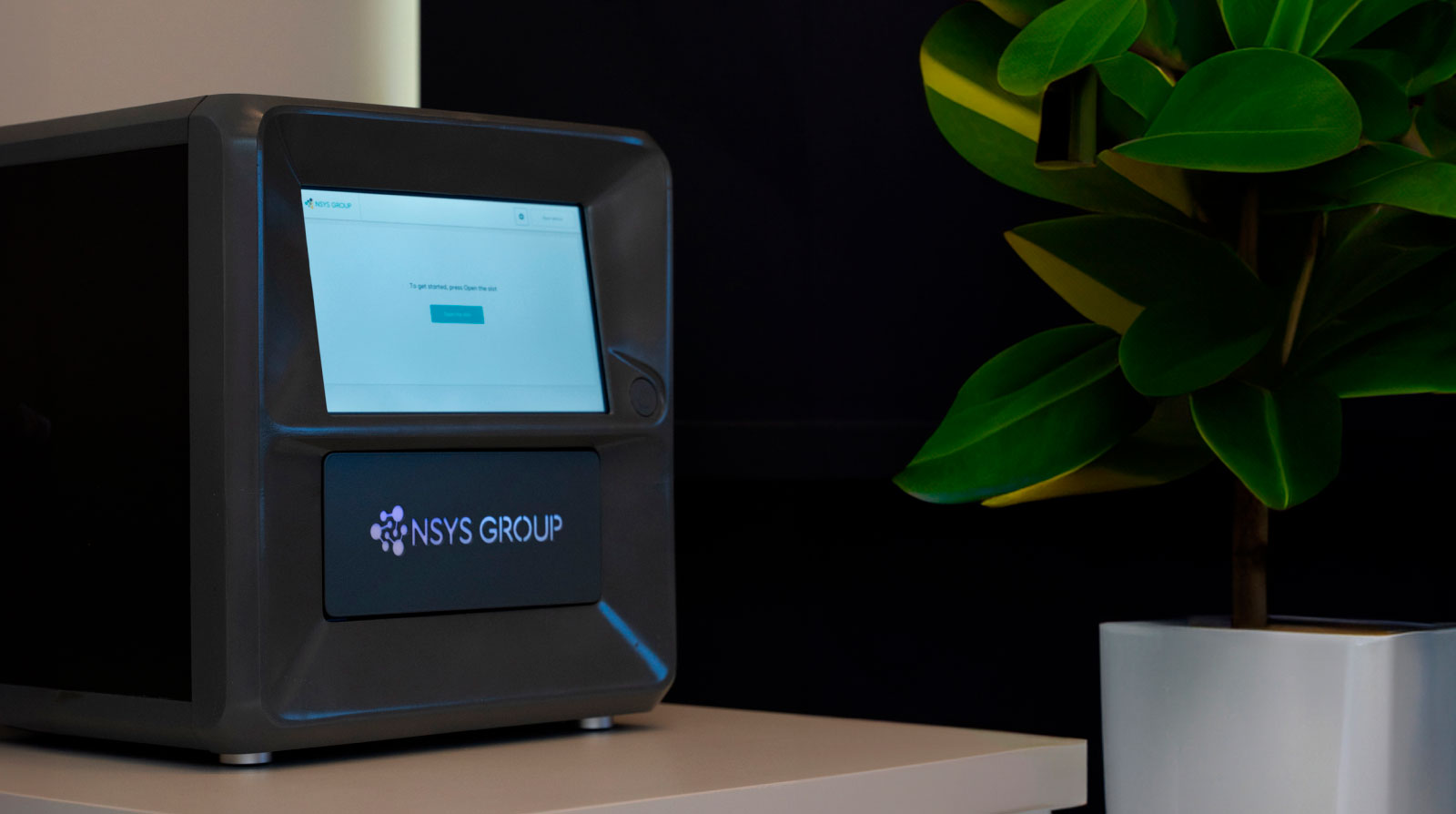
Sustainable Device Testing for Your Business
Robotic testing is the latest innovation in the pre-owned device industry as it automates the process and eliminates human errors. Additionally, the robotic solution from NSYS Group, Reeva, is sustainable and contributes to a circular economy. It can be used both at the warehouse and in-store.
Moreover, Reeva attracts customers to the store: they want to see how robots can independently evaluate the device condition and set the price. According to our clients, customers tend to trust the price on the screen more than the price told by the store worker, which leads to increased buyback volumes. Read a case study with Darren Workman, the Director of iTek, to learn about their experience using Reeva in the store.
Click the button below to discover more about Reeva, the unique device testing robot!




